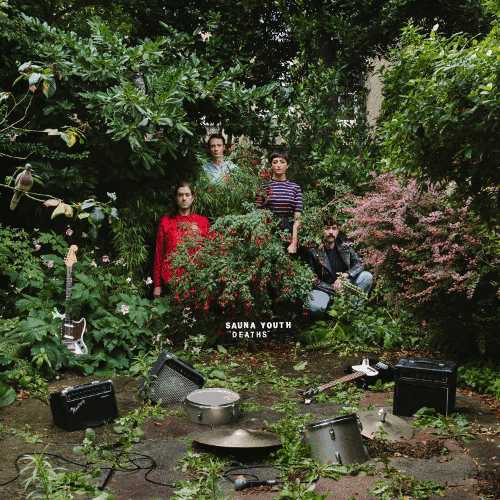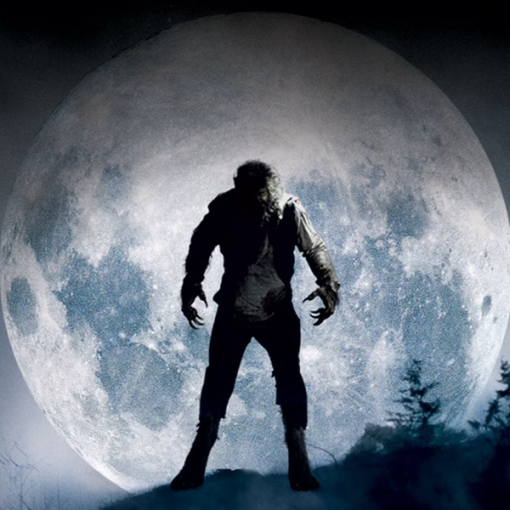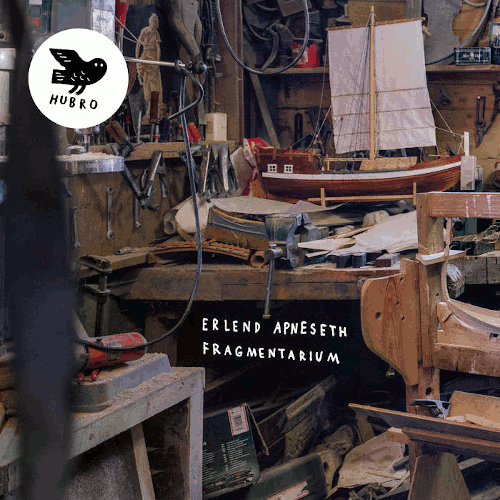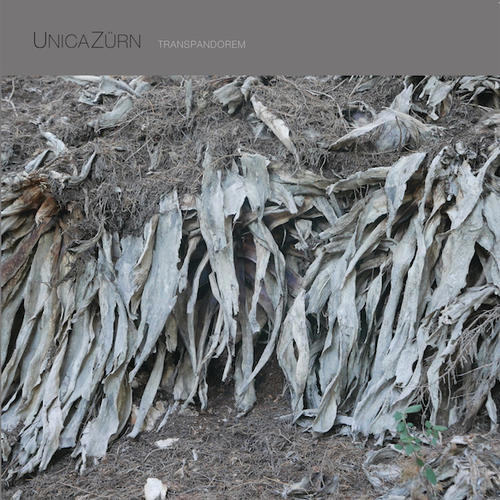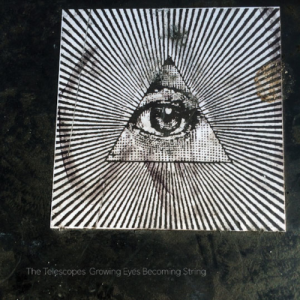 Recorded over ten years ago and presumed lost in the digital æther, The Telescopes‘ sixteenth album is a game of two halves; one half recorded in Berlin at the Brian Jonestown Massacre studio and the other back in Leeds with the venerable Richard Formby.
Recorded over ten years ago and presumed lost in the digital æther, The Telescopes‘ sixteenth album is a game of two halves; one half recorded in Berlin at the Brian Jonestown Massacre studio and the other back in Leeds with the venerable Richard Formby.
Co-opting London-based experimenters One Unique Signal, the LP seems to be the last before they signed to their current label Tapete and perhaps acts as a halfway house, parking this temporary iteration in preparation for the next step.
The first thing you hear is a delicate acoustic guitar lurking under layers of the usual scurf. His love of a pretty pop noise is still obvious, as is his willingness to bury it under the chemical layers. The voice is a hollow smear overwhelmed by sharp hypnosis and the band generates a kind of dull rage, moving slowly but inexorably. Is it more accessible? It is still hard to say, but the distant otherworldly guitar squalls burst any preconceptions.
There is always a hint of sweetness lurking, but you need to fight through the layers to find it. “Dead Head Lights” is slower and more impressive, the voice a half-dead ooze from the other side, deepened and blasted by experience, while in the background something volcanic bubbles and threatens.
I remember the song “Crawling Mantra” by Red Lorry Yellow Lorry and there is something about that term that perfectly encapsulates the Telescopes sound. There is a desolate romance to some of their detuned grinds and the resigned voice works so well, commanding emotion with the simplest of musical gestures, yet ever allowing the hypnotic momentum allied to the basic melody to carry us forward.
Whether Stephen knew what was coming for the band over the next few years, it is hard to say; but this is an essential part of their ongoing story and we should be thankful it was unearthed.
-Mr Olivetti-
